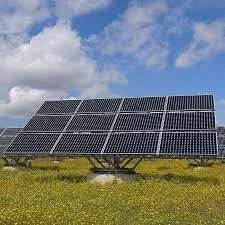...
2025-08-14 16:13
1559
...
2025-08-14 15:47
859
...
2025-08-14 15:29
1408
...
2025-08-14 15:21
1479
...
2025-08-14 15:09
681
However, China's Tio2 pigment industry is not without challenges
...
2025-08-14 14:53
128
...
2025-08-14 14:46
2200
...
2025-08-14 14:12
1728
...
2025-08-14 14:06
2869


